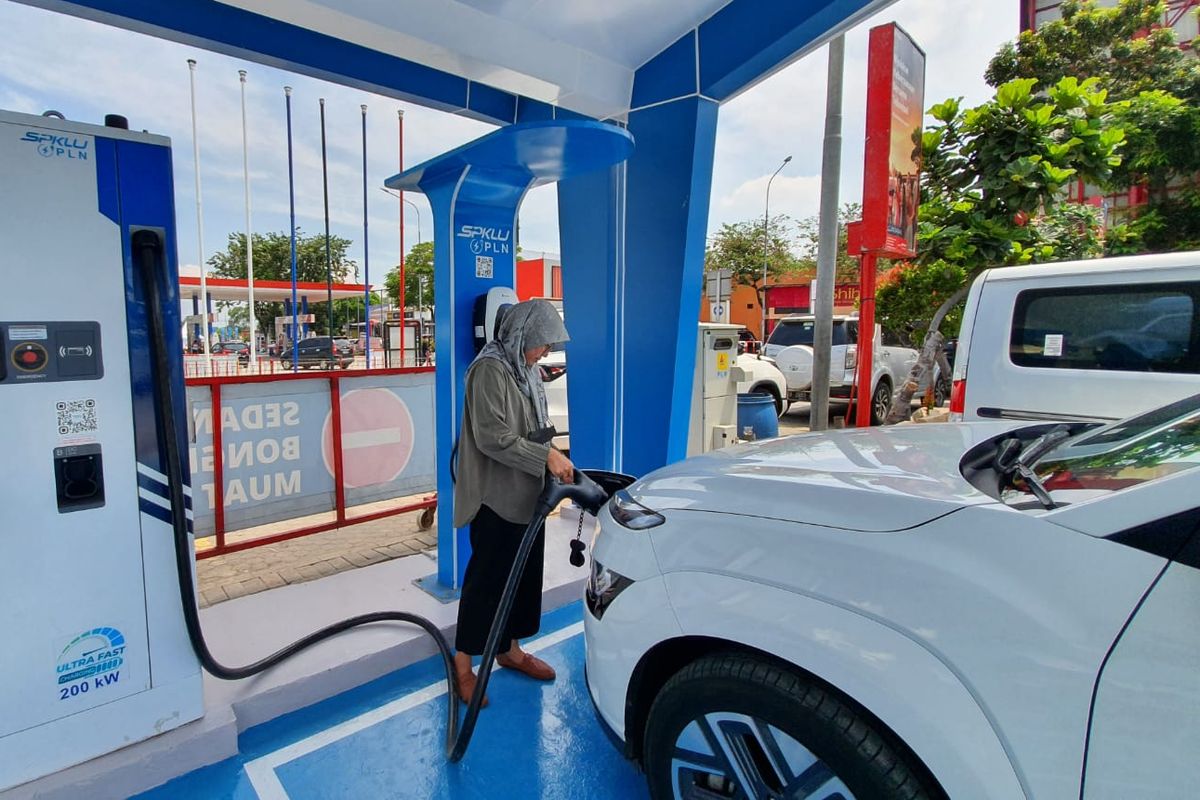Indonesia is making significant strides toward energy efficiency and economic resilience through the promotion of electric vehicles (EVs) and the implementation of supportive fiscal policies. These initiatives aim to reduce energy subsidies, enhance consumer purchasing power, and position the nation as a hub for sustainable transportation.
Accelerating Electric Vehicle Adoption
The International Council on Clean Transportation (ICCT) has highlighted the substantial financial benefits Indonesia could reap by expediting EV adoption. Their recent report, "Roadmap to Zero: The Pace of Indonesia’s Electric Vehicle Transition," indicates that a comprehensive shift to electric vehicles could result in energy subsidy savings of up to IDR 4.984 trillion by 2060. This potential saving underscores the economic viability of transitioning to cleaner transportation alternatives.
To facilitate this transition, the Indonesian government is offering tax incentives to prominent EV manufacturers, including BYD, Citroen, and GAC Aion. GAC Aion, in particular, has committed to establishing a manufacturing plant in Indonesia, reflecting the country's growing appeal as a destination for EV production. These incentives are designed to attract investment, stimulate local manufacturing, and make EVs more accessible to the Indonesian populace.
Economic Policy Measures Amid VAT Increase
In response to the planned increase in Value-Added Tax (VAT) from 11% to 12% effective January 2025, the Indonesian government has introduced a series of economic policy measures to cushion the impact on consumers. One notable initiative is the provision of a 50% electricity tariff discount for residential customers with power capacities up to 2,200 VA. This discount, applicable during January and February 2025, benefits approximately 81.4 million households, accounting for 97% of PLN's residential customer base.
The discount is applied automatically, ensuring a seamless experience for consumers. Prepaid customers receive the reduction upon purchasing electricity tokens, while postpaid customers see the discount reflected in their monthly bills. This measure aims to maintain household purchasing power during the VAT adjustment period.
Advancements in Biodiesel Implementation
Complementing efforts in the EV sector, Indonesia is advancing its commitment to renewable energy through the B40 biodiesel program. Set for full implementation in March 2025, this initiative mandates a biodiesel blend containing 40% palm oil-based fuel. The program's primary objective is to reduce reliance on imported diesel, thereby enhancing energy security and supporting the domestic palm oil industry.
The rollout of the B40 program is anticipated to influence both domestic and international palm oil markets, potentially increasing demand and impacting export dynamics. By elevating the biodiesel blend, Indonesia aims to capitalize on its position as a leading palm oil producer while promoting sustainable energy practices.
Conclusion
Indonesia's multifaceted approach to energy efficiency and economic stability encompasses the promotion of electric vehicles, strategic fiscal policies, and the advancement of renewable energy programs. These initiatives not only aim to reduce energy subsidies and bolster consumer purchasing power but also position Indonesia as a proactive player in the global shift toward sustainable energy solutions.
Read More






 Thursday, 05-03-26
Thursday, 05-03-26







